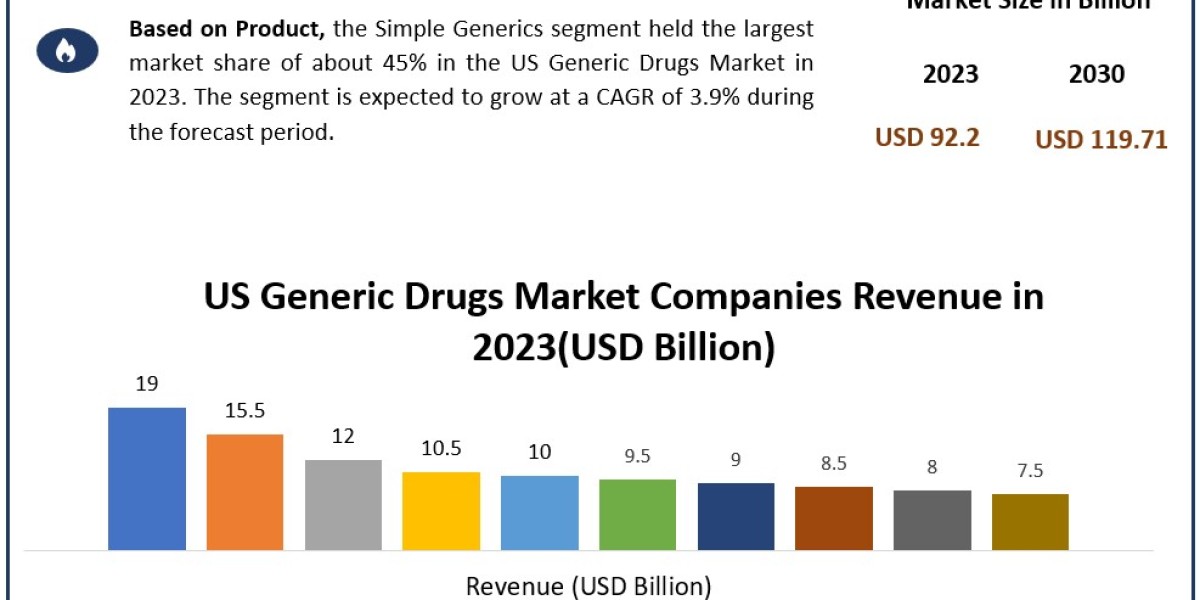The role of critical drugs in improving global health is irrefutable. From treating life-threatening diseases to managing chronic conditions, pharmaceuticals have become the backbone of modern healthcare systems. These drugs, which have been developed through decades of research, continue to revolutionize the way diseases are treated and controlled. Among these essential medications is lenalidomide, a powerful drug used in the treatment of multiple myeloma and certain types of blood cancers.
The Importance of Critical Drugs in Disease Management
Critical drugs are medications that address serious health conditions that could otherwise result in severe complications or death. These can range from antibiotics that treat infections, to cancer therapies that target tumors, to antiretroviral drugs that manage HIV/AIDS. The importance of these drugs lies in their ability to extend lives, improve the quality of life for patients, and reduce the overall burden on healthcare systems globally.
Throughout history, the development of critical drugs has been instrumental in eradicating or controlling major diseases. Penicillin, for example, transformed the treatment of bacterial infections, drastically reducing mortality rates. Similarly, the development of vaccines for diseases like smallpox, polio, and most recently COVID-19, has saved millions of lives. However, even with these advancements, new challenges in global health continue to emerge. Non-communicable diseases (NCDs) such as cancer, cardiovascular diseases, and diabetes are becoming more prevalent, especially in aging populations, increasing the demand for critical drugs that can manage these conditions effectively.
Advancements in Cancer Treatment: The Role of Lenalidomide
Cancer is one of the most significant global health challenges, with millions of new cases diagnosed each year. The development of targeted therapies and chemotherapy drugs has vastly improved the prognosis for many cancer patients, allowing them to live longer and with a better quality of life. One such critical drug is lenalidomide, which is used primarily to treat multiple myeloma and certain types of lymphoma.
Lenalidomide works by modulating the immune system and targeting cancer cells, slowing the progression of the disease. It has been a game-changer for patients with multiple myeloma, a type of cancer that affects plasma cells in the bone marrow. Before the development of lenalidomide, treatment options for multiple myeloma were limited, and survival rates were poor. Now, with the availability of this drug, many patients are able to manage their condition more effectively and live longer, healthier lives.
The impact of Lenalidomide manufacturers cannot be overstated in this context. These companies are responsible for producing and distributing lenalidomide, ensuring that patients around the world have access to this life-saving medication. As the demand for cancer treatments grows globally, manufacturers play a critical role in meeting this need, particularly in developing countries where access to advanced cancer therapies may be limited.
Managing Chronic Diseases: A Global Health Priority
Beyond cancer, critical drugs are also essential in managing chronic diseases such as diabetes, hypertension, and cardiovascular diseases. These conditions are leading causes of death worldwide, and their prevalence is expected to increase as populations age and lifestyles change. The availability of effective medications to manage these conditions is key to improving global health outcomes.
For example, drugs like insulin, antihypertensives, and statins have become essential in managing diabetes, high blood pressure, and cholesterol levels, respectively. Without these medications, patients would be at a much higher risk of severe complications, including heart attacks, strokes, and kidney failure. Critical drugs allow individuals to maintain their health, avoid hospitalizations, and reduce the overall burden on healthcare systems.
The challenge, however, lies in ensuring equitable access to these medications. While high-income countries have the infrastructure to support widespread distribution and use of critical drugs, many low- and middle-income countries struggle with accessibility. This is where pharmaceutical manufacturers and global health organizations step in, working to ensure that essential medications are available and affordable to all.
Addressing Emerging Health Threats
In addition to managing chronic diseases, critical drugs are essential in addressing emerging health threats. Infectious diseases continue to pose a significant global health challenge, particularly in regions with limited healthcare infrastructure. Antimicrobial resistance is also on the rise, making it increasingly difficult to treat infections that were once easily managed with antibiotics.
The development of new antibiotics, antiviral medications, and vaccines is crucial in the fight against infectious diseases. The COVID-19 pandemic highlighted the importance of rapid drug development and distribution, as vaccines and treatments became key tools in controlling the spread of the virus and reducing mortality rates. Critical drugs will continue to play a central role in addressing future pandemics and other emerging health threats.
Pharmaceutical companies, including Lenalidomide manufacturers in India and other drug producers, are at the forefront of these efforts, working to develop and distribute new treatments that can save lives and improve health outcomes worldwide.
The Future of Critical Drugs in Global Health
Looking ahead, the future of critical drugs in global health is promising. Advances in biotechnology, precision medicine, and genetic therapies are opening new doors for the development of treatments that are more effective and tailored to individual patients. Drugs that once targeted symptoms are now being designed to address the underlying causes of diseases, offering the potential for more curative treatments.
For example, gene therapy holds the promise of correcting genetic defects that cause diseases like cystic fibrosis or sickle cell anemia, while immunotherapy is revolutionizing cancer treatment by harnessing the body’s own immune system to fight tumors. As these therapies continue to evolve, they will become increasingly important in improving health outcomes on a global scale.
Conclusion
Critical drugs are an indispensable part of modern healthcare, saving lives and improving the quality of life for millions of people around the world. Whether in the fight against cancer, the management of chronic diseases, or the control of infectious diseases, these medications have reshaped global health. Lenalidomide manufacturers and other pharmaceutical companies play a key role in ensuring that these life-saving treatments are accessible to patients worldwide.
As we continue to face new health challenges and advance our understanding of medicine, the role of critical drugs in improving global health will only become more pronounced. With the right investments in research, development, and distribution, we can look forward to a future where more people have access to the medications they need to live longer, healthier lives.








